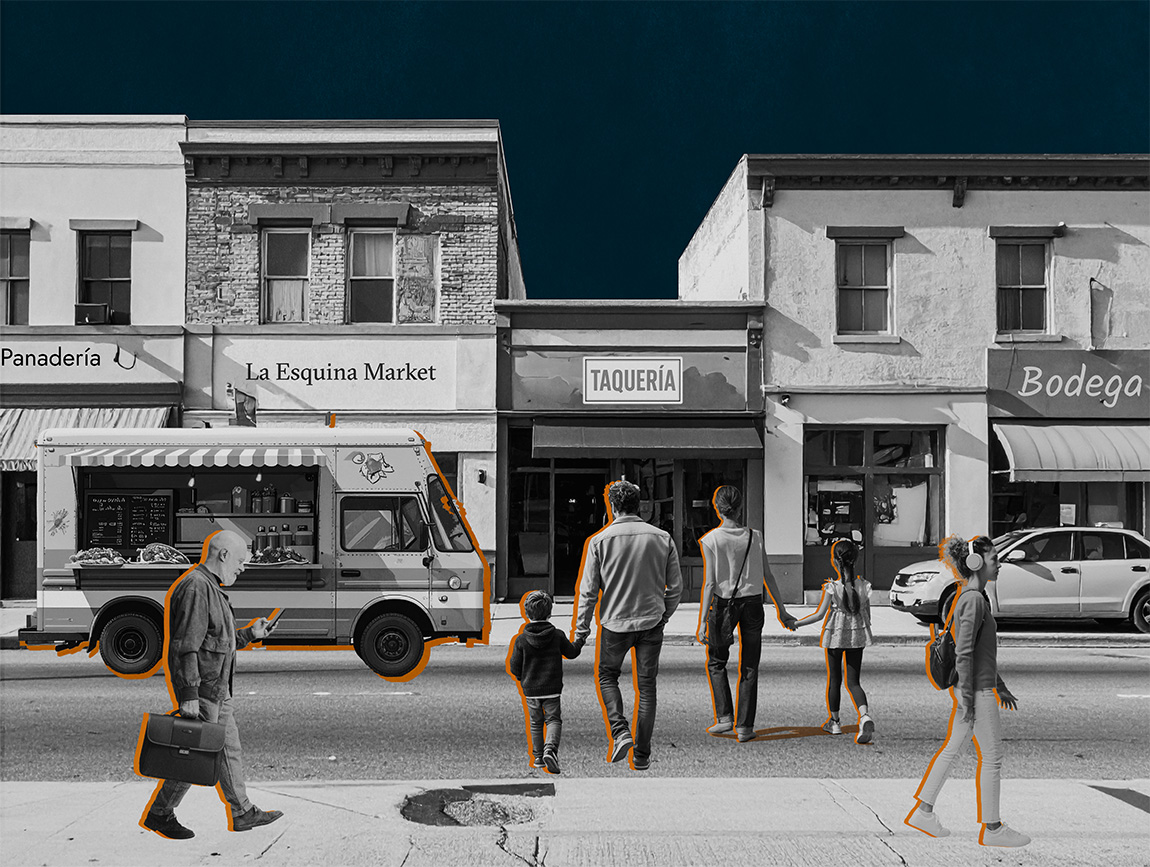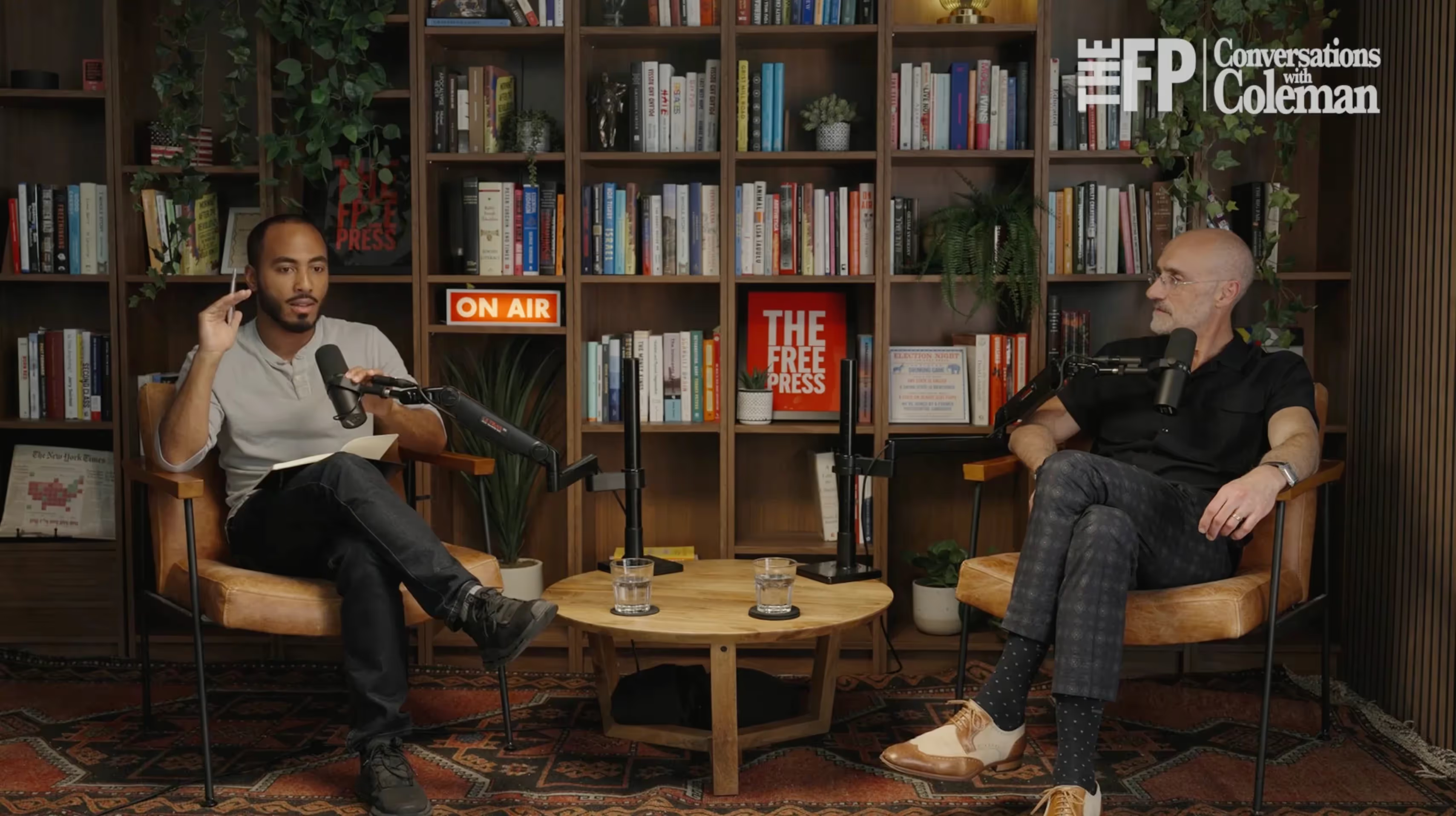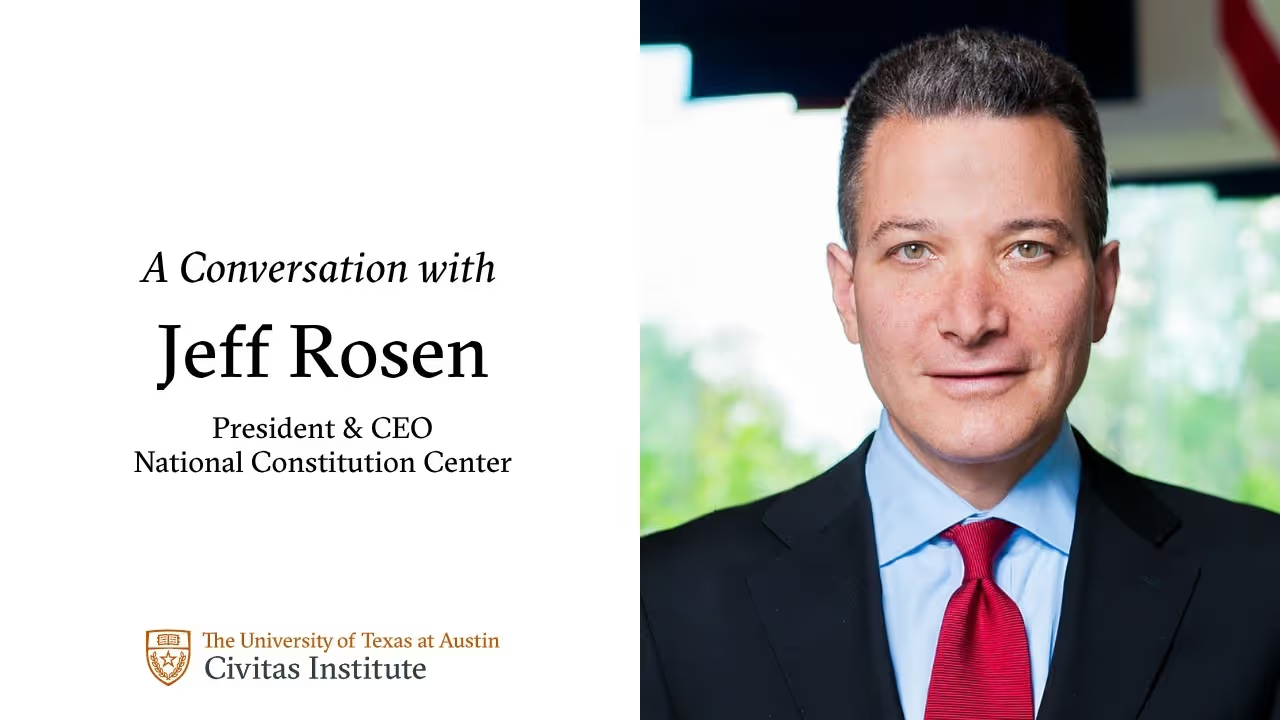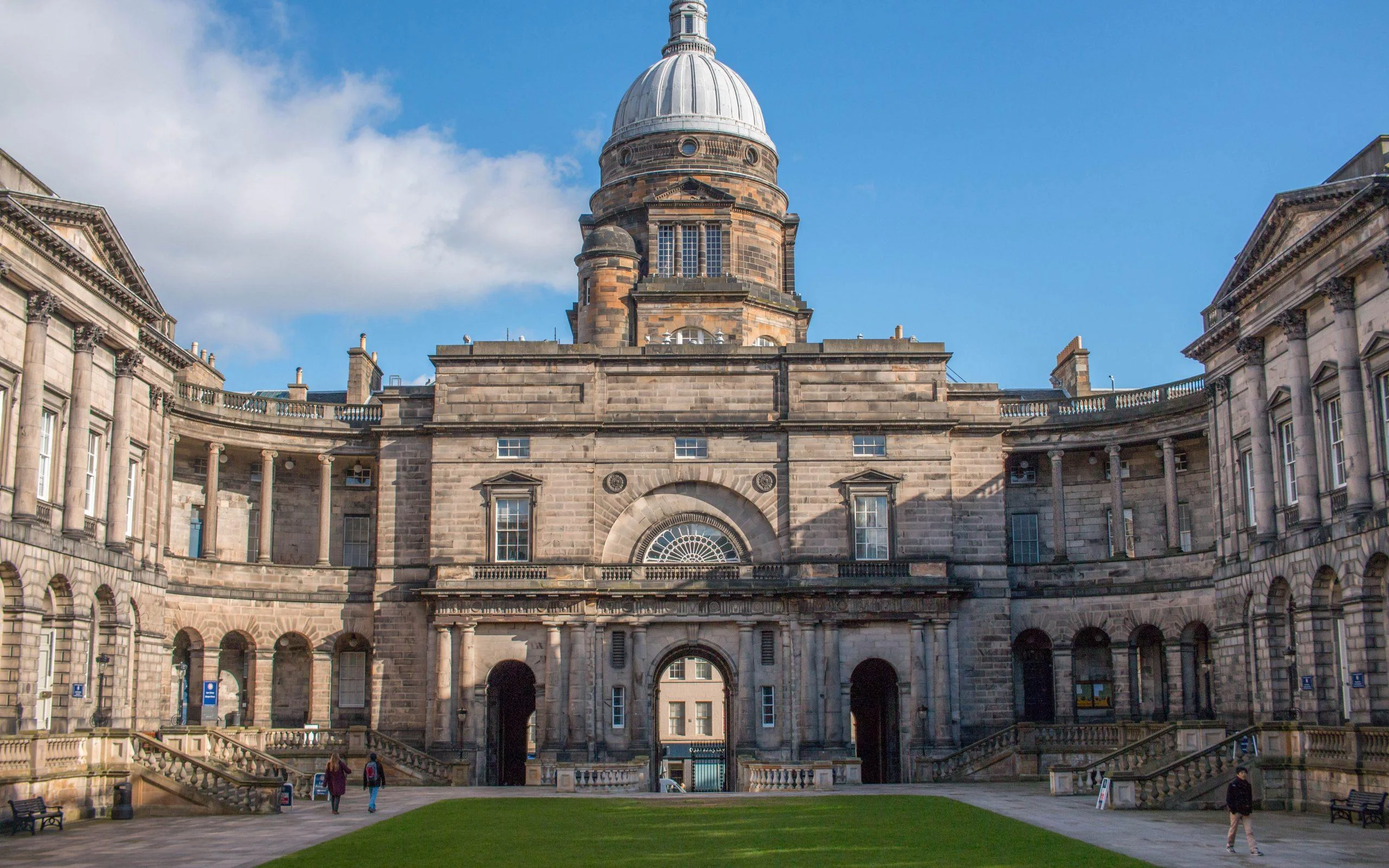
A Fairer Tax System?
As Ray Madoff contends in her new book, even a limited government requires financial support, and it’s unseemly to have a system in which the wealthy bear almost none of the burden of supporting government.
When I began reading Ray Madoff’s new book, The Second Estate: How the Tax Code Made an American Aristocracy, I did so with trepidation. For one thing, I didn’t know what the Second Estate was.
The book “is original,” Madoff writes, “in showing the ways the public has been deceived about who carries the costs of the federal government and the extent to which the rich are contributing to the public good.” The tax strategies of the wealthy, “coupled with narratives of wealthy benevolence and the purported hardships of being wealthy in the United States, are as much a part of the story of inequity as the tax code itself. Taken together, the result has been the creation of an entirely new class of tax-free Americans: our very own Second Estate.”
The reference is to prerevolutionary France. (You know, the “Let them eat cake” days.) The United States, Madoff argues, has two different tax systems today — “one for people who earn money, one for people who own wealth”— similar to France when “the aristocracy was written out of the tax system, leaving the burden of the country’s expenses to everyone else.” Thus, the meaning of that mysterious term: “the untaxed rich were known as the Second Estate — nobility who enjoyed sweeping financial and social privilege on the basis of their wealth.”
Well. America’s wealthiest don’t strike me as the equivalent of eighteenth-century French aristocrats. Mark Zuckerberg certainly doesn’t dress the part, and, like many other folks mentioned in the book, he came from a comfortable, but not super-wealthy, background. He made money by creating a product that, as silly as it seems to some of us geezers, has attracted millions of customers. He earned his money, and, as far as I know, he doesn’t spend off-hours eating bon-bons. Madoff admits that much of her focus is on people who built wealth by starting businesses, but “121 of the 400 richest people according to Forbes in 2023 were fortunate inheritors.” OK, but even so, what does highlighting the Second Estate add to the argument that the American wealthy are paying too little in taxes?
Enough grumbling. Overall, this is a valuable book—a great conversation starter. It proposes sophisticated changes to the American system of taxation. (“System” might be too kind a word.) As Madoff writes, “[T]he nature of wealth has changed and grown such that our traditional tax instruments — the progressive income tax and the estate and gift tax — are not reaching the wealth where it currently lives.” In short, “[t]he tax code has become a means for increasing concentrations of wealth as opposed to being a bulwark against it.” A good tax system should be evenhanded in its effects, and ours isn’t.
One of the important ideas that Madoff develops at length is that wealthy Americans don’t necessarily have high incomes. The old saw often used to defend the progressivity of the income tax — that those with incomes in the top 1 percent of the population pay 40 percent of the total income tax collected — is therefore misleading. (I used to cite that statistic; I won’t anymore.) Whistleblower Charles Littlejohn’s illegal dump of tax records in 2021 showed that “many of the country’s richest Americans . . . had largely avoided income taxes by avoiding taxable income.” Madoff adds, “Studies have shown that there is only about a 50 percent overlap between America’s wealthiest people and those who have the most income.” Indeed, the wealthy “are just as likely to be among the 40 percent of nontaxpayers as they are the top 1 percent of earners.” Furthermore, the ultra-wealthy, with little earned income, pay almost nothing in payroll taxes (Social Security and Medicare) — the most burdensome taxes for the working poor.
I’m not a proponent of raising taxes; indeed, I favor limiting taxation as much as possible. But even a limited government requires financial support, and it’s unseemly to have a system in which the wealthy bear almost none of the burden of supporting government. Pardon the cliché, but they have no skin in the game.
The estate tax, which once served as a backstop for the income tax, “is effectively dead (and should be laid to rest).” It applies directly to few people, and the revenue raised is chump change in the federal budget. As did Graetz & Shapiro’s Death by a Thousand Cuts (2011), Madoff discusses the successful public relations campaign to recharacterize the estate tax as the “death tax,” with an inevitable occurrence as the taxable event, and “double taxation”—taxing dollars that were, in theory, already reached by the income tax. (In any event, unrealized appreciation in the value of property was generally not already taxed.) As a result of the PR efforts, even many Americans who could not be hit by any conceivable form of estate tax — most of us — became death-tax opponents. The estate tax isn’t going to rise from the (almost) dead.
While the progressive income tax and the estate tax remain on the books, neither accomplishes what it was intended to do (and once did). “Today, the system accomplishes the opposite. For those with wealth — like the French aristocracy of yore — taxes are someone else’s problem.”
Many fascinating details in The Second Estate go beyond what can be covered in a short review. But a few highlights are worth mentioning:
Madoff complains that “[t]he tax code allows for different treatment of different types of income — earnings, investments, and inheritances” — to the benefit of the wealthy. I have always thought that the strongest argument for eliminating any capital gains preference is that doing so would end the incredible efforts — and expense — devoted to converting ordinary income into capital gain. (Another benefit of having one class of income: many Code provisions intended to deter conversion efforts could be repealed.)
Madoff discusses three tax-saving strategies used by the wealthy:
One, Avoid salaries. (Warren Buffett limits his salary and bonuses to no more than $100,000 annually.)
Two, Buy, borrow, die. The combined effect of lower taxes on investments, allowing the indefinite deferral of unrealized appreciation, and providing the inheritor of appreciated property with a fair-market-value basis in the property is that taxes on these investments are effectively optional. The wealthy can still cash in on unrealized appreciation by borrowing — using the property as collateral — and borrowing isn’t a taxable event.
Three, Inherit wealth. The receipt of gifts and inheritances is currently tax-free; gain on appreciated property in an estate isn’t taxable to anyone under the income tax; and, as noted, the basis of appreciated property transferred at death is stepped up to fair market value in a recipient’s hands. That unrecognized appreciation magically disappears from the income-tax base.
Those results seem hard to justify, but what’s Congress to do? Madoff makes the following specific recommendations:
1. Repeal the estate tax. In its present form, it’s just an irritant.
2. Bring inheritances and investments into the income-tax system: Repeal income-tax exclusions for inheritances and gifts. (If an inheritance were income to the recipient — a living being — it would be harder to characterize the tax as a death tax.) And tax unrealized gains at death, thereby eliminating the incentive under existing law to hold on to appreciated property indefinitely, even when the owner can’t put the property to its best economic use — the so-called lock-in effect.
3. Reform philanthropy, particularly in the way tax benefits are provided to wealthy donors for “charitable” contributions to private foundations and donor-advised funds: under current law, the “contributor” gets a deduction for the value of the contribution (including the previously untaxed appreciation) and can maintain lengthy control over the funds. As Madoff puts it, “These organizations typically do no charitable work themselves but simply hold funds for future charitable distribution.” Even for totally legitimate charitable contributions, the effect for the few who have been able to claim an income-tax deduction (those who itemize) has been to make the burden of the contribution in part a societal one: “Without tax benefits, the wealthy are giving away their own money; with tax benefits, they are giving away the American taxpayers’ money as well.” And, although the tax law provides several caps on deductibility of charitable contributions for income-tax purposes, the rules “provide no limits on the use of charitable donations to offset capital gains taxes and estate and gift taxes, allowing the wealthiest Americans to completely eliminate these types of tax liabilities through charitable giving.”
I can’t do justice to the complexity of Madoff’s arguments, and I don’t necessarily endorse any particular proposal of hers. All would have problems in implementation, and making the transition to a new set of rules could be problematic. (No one has a constitutional right to an unchanged tax system, but I can’t help having sympathy for those who relied on existing law in planning their affairs.) Nevertheless, all of Madoff’s recommendations are worth consideration. To be sure, it’s hard to imagine Congress taking much of anything seriously these days, but it’s worth a try. A lot of details (many of which Madoff discusses along the way) would have to be worked out, but Congress used to want to be involved in policy-making — or so I’m told.
You might wonder why I haven’t mentioned a Warren-Sanders wealth tax as a way to increase the tax burden of the rich. Madoff, who discusses a wealth tax only in passing, has legitimate concerns (as do I) that such a levy, in its usually proposed forms, might not survive constitutional scrutiny. Besides, the inherent valuation difficulties would be formidable. Better remedies are needed, and Madoff has given us an agenda for a conversation we should have.
Erik M. Jensen is the Coleman P. Burke Professor Emeritus of Law at Case Western Reserve University.
Pursuit of Happiness

The Rise of Latino America
In The Rise of Latino America, Hernandez & Kotkin argue that Latinos, who are projected to become America’s largest ethnic group, are a dynamic force shaping the nation’s demographic, economic, and cultural future. Far from being a marginalized group defined by oppression, Latinos are integral to America’s story. They drive economic growth, cultural evolution, and workforce vitality. Challenges, however, including poverty, educational disparities, and restrictive policies, threaten their upward mobility. Policymakers who wish to harness Latino potential to ensure national prosperity and resilience should adopt policies that prioritize affordability, safety, and economic opportunity over ideological constraints.

Exodus: Affordability Crisis Sends Americans Packing From Big Cities
The first in a two-part series about the Great Dispersion of Americans across the country.

The AI Future: Between Certain Doom and Endless Prosperity
AI continues to become more complex and sophisticated, but public policy solutions do not.

The Castle, the Cathedral, and the College
Our civilization struggles to explain why anything should command allegiance beyond preference or power; its remnants echo a grandeur now distant.

















